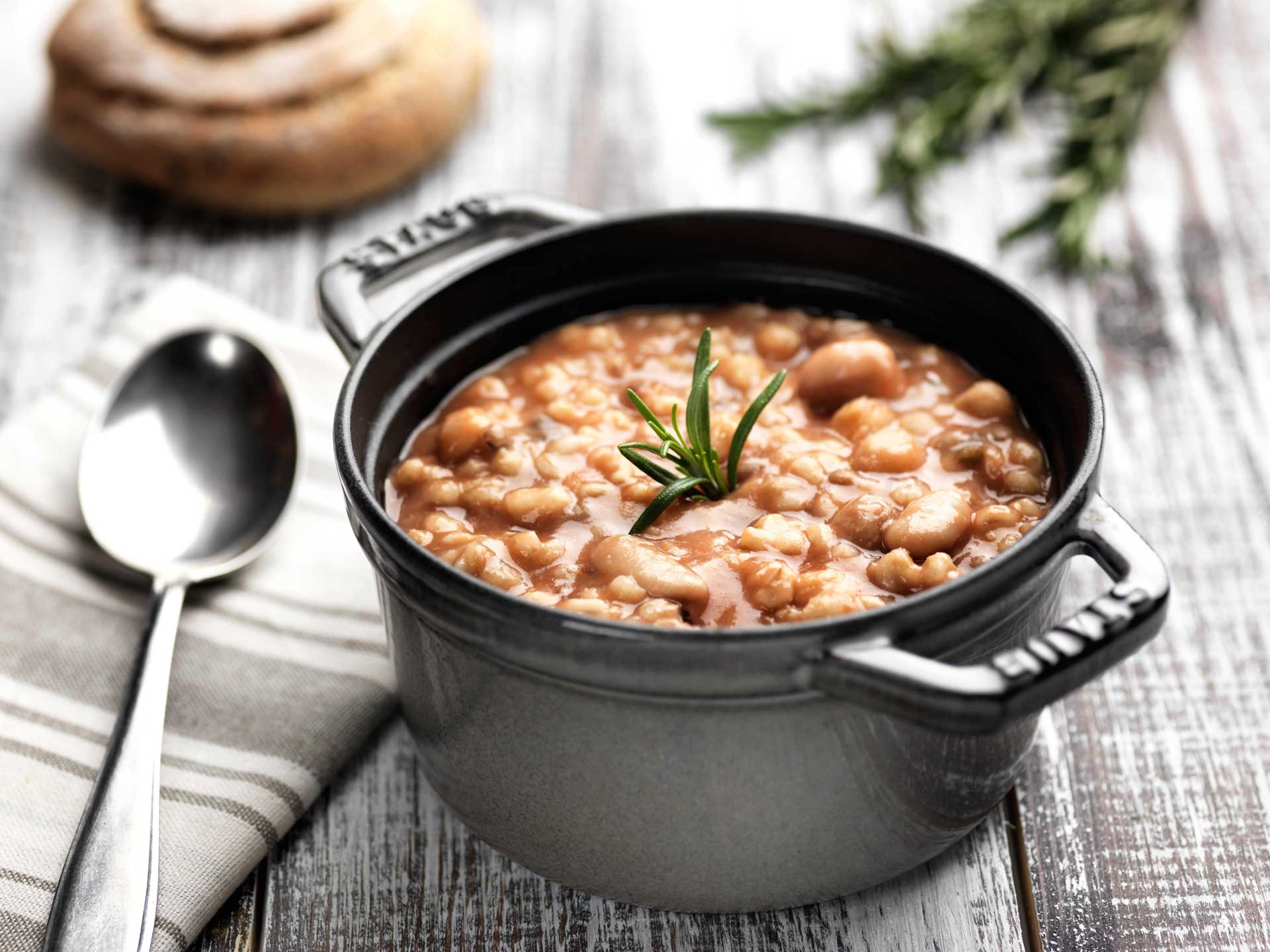.jpg)
Nutrition During Pregnancy: Some Tips
Pregnancy is an extremely important physiological event for a woman (and consequently for the fetus), therefore good nutrition and proper diet are essential conditions during the gestation months to prevent many diseases for both the mother and the newborn.
Actually, an adequate diet regularly practiced before pregnancy is strongly recommended. During the 9 months of gestation, various physiological changes occur in women, ranging from weight gain to metabolic changes, to different energy, nutrient, and micronutrient (minerals and vitamins) requirements.
There is a need for increased energy: the estimation of the requirement is individual and differs based on pre-pregnancy BMI (body mass index). Additionally, there is a need for increased intake of carbohydrates (with a low glycemic index), proteins, and lipids (essential fatty acids and DHA). Some vitamins - A, C, folic acid - and various minerals such as calcium, phosphorus, and iron should also be increased.
It is clear that the daily diet of a pregnant woman must be particularly careful and attentive, therefore here are some simple dietary tips on how to implement these recommendations:
Consume fresh and varied foods: the more diverse they are, the more difficult it will be to incur nutritional deficits.
Have small and frequent meals: three main meals plus two or three snacks are recommended, also to avoid or counteract nausea.
Daily intake of at least one food from the following groups:
fish, meats (preferably lean white meats), eggs, ricotta or fresh cheeses (1-2 times a week)
milk and dairy products (yogurt and lean cheeses)
whole grains, preferably: rice, pasta, spelt, barley
legumes (at least 3 times a week)
Vegetables and greens should be consumed daily to meet the mineral intake and to reach an adequate fiber quota (constipation during pregnancy is a recurring issue).
Fresh seasonal fruit should never be missing, in order to ensure all the necessary vitamins (it is not the same to take supplements, although necessary in this condition).
The preferred condiment fat is extra virgin olive oil, butter, margarine, and all saturated fats should be avoided.
Avoid sauces, fried foods, and particularly fatty foods.
Eliminate refined carbohydrates and sugars in general: sugar and sweets are not necessary.
Reduce salt use to avoid excessive intracellular fluid accumulation.
Eliminate the use of hard liquor; a limited intake of wine or beer may be allowed (but only occasionally).
Two coffees per day are allowed, as well as herbal teas and infusions without sugar.
It is important to drink an adequate amount of water. In case of nausea, it is better to drink close to a meal or snack.
For women negative in the Toxoplasmosis test, it is important to avoid consuming raw or undercooked meats, including cured meats, and improperly washed vegetables (prefer cooked vegetables).
(*) There is no absolute optimal value of maternal weight gain equal for all women, on the contrary, it must be calculated based on the pre-pregnancy nutritional status, namely on the pre-pregnancy body mass index (BMI).
Weight gain is not constant throughout gestation, but an increase of 1-2 kg in the first trimester, and 600-700 g every 15 days in the second-third trimester appears to be physiological.
Dr. Concetta Mauriello






